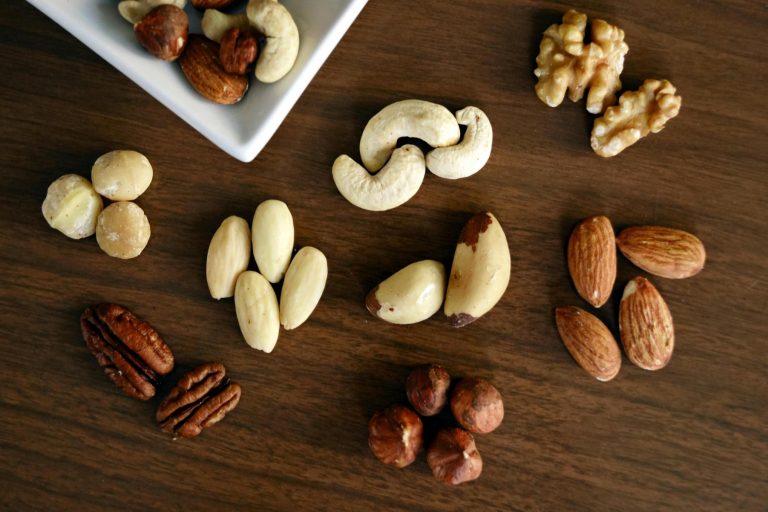Beyond coffee’s beloved taste and stimulating effects, is coffee actually good for you? This age-old question has sparked debates among health enthusiasts and researchers alike. Let’s delve into the science and uncover the truth behind coffee’s impact on health.
Ingredients Matter: What’s in Your Cup?
Coffee isn’t just a simple beverage; it’s a complex concoction of various compounds. From the caffeine that gives you that energy boost to the antioxidants that promote overall well-being, coffee is more than just a morning ritual – it’s a powerhouse of nutrients.
Caffeine: The primary ingredient responsible for coffee’s stimulating effects, caffeine blocks the function of adenosine, helping you feel more alert and awake.
Antioxidants: Coffee contains a rich array of antioxidants, such as polyphenols, which fight inflammation and reduce oxidative stress in the body.
Vitamins and Minerals: Coffee isn’t just about caffeine; it also provides essential nutrients like B vitamins, manganese, potassium, and magnesium, contributing to your overall health.
The Positives: How Coffee Boosts Your Health
- Type II Diabetes: Research suggests that regular coffee consumption is associated with a lower risk of developing type II diabetes. Studies have shown that each additional cup of coffee per day can decrease the risk by as much as 7%.
- Alzheimer’s and Parkinson’s Disease: Coffee drinkers may have a reduced risk of neurodegenerative diseases like Alzheimer and Parkinson. The antioxidants and caffeine in coffee are believed to play a protective role in brain health even by the OMS.
- Liver Health: Coffee consumption has been linked to a lower risk of chronic liver disease and hepatocellular carcinoma. The compounds in coffee may promote liver health by reducing inflammation and improving metabolism.
- Heart Health: Moderate coffee consumption has been associated with a decreased risk of cardiovascular diseases, including hypertension and heart failure. The antioxidants in coffee may help protect the heart and arteries from damage.
- Mental Well-being: Coffee has been linked to a reduced risk of depression and suicide. The mood-boosting effects of caffeine, coupled with its social aspect, contribute to improved mental well-being.
- Longevity: Some studies suggest that moderate coffee drinkers have a lower risk of mortality compared to non-drinkers. Coffee consumption of 1 to 5 cups per day has been associated with a lower risk of mortality.
- Exercise Performance: Caffeine is known to enhance athletic performance by increasing endurance and reducing fatigue. Regular coffee consumption may lead to greater cardiovascular fitness and muscle mass over time.
The Negatives: Potential Drawbacks of Coffee
- Sleep Disruption: Excessive caffeine intake, especially close to bedtime, can disrupt sleep patterns and lead to insomnia. Limiting caffeine consumption in the evening can mitigate this effect.
- Nutrient Absorption: Compounds in coffee, such as caffeine and polyphenols, may interfere with the absorption of certain nutrients like iron, magnesium, and calcium. Consuming coffee separately from meals can help minimize this effect.
- Anxiety and Withdrawal: High doses of caffeine can induce anxiety and panic attacks in susceptible individuals. Caffeine withdrawal symptoms, such as headaches and mood changes, may occur when regular intake is abruptly stopped.
- Blood Pressure: While habitual coffee consumption may not significantly affect blood pressure, acute intake can temporarily raise systolic and diastolic blood pressure levels.
- Toxicity: Consuming excessive amounts of caffeine, equivalent to over 10 cups of coffee per day, can lead to caffeine toxicity, resulting in adverse symptoms and, in extreme cases, fatal outcomes.
- Pregnancy: Higher caffeine intake during pregnancy has been associated with adverse outcomes, including lower birth weights and increased risk of pregnancy loss. Pregnant individuals are advised to limit their caffeine intake.
- Unfiltered Coffee: Unfiltered coffee contains higher levels of certain compounds that may raise cholesterol and triglyceride levels. Opting for filtered coffee can help mitigate this effect.
Finding Your Balance: The Bottom Line
So, is coffee good or bad for your health? The answer isn’t black and white. While coffee offers numerous health benefits, it’s essential to consume it in moderation and be mindful of individual sensitivities.
Book a Nutrition Consultation Today!
If you’re ready to take your nutrition to the next level and optimize your health, book a nutrition consultation with our expert team today!






